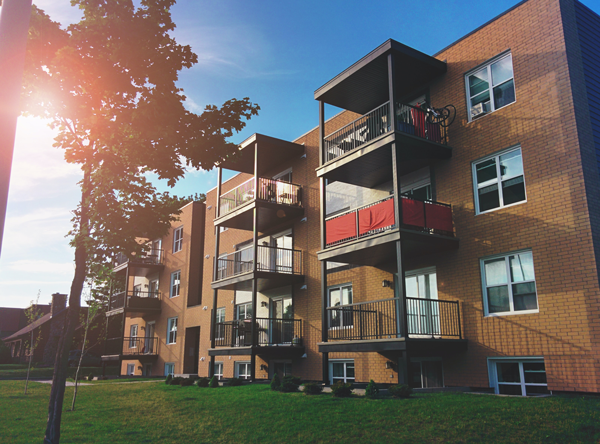Condominium living offers numerous advantages, such as shared amenities, a sense of community, and often a prime location. However, owning a condo also comes with its own set of responsibilities, including the need for specialized insurance. While the condominium association typically has its own policy for the overall building and common areas, condo owners need personal coverage to safeguard their unit and belongings. This article delves into the world of condo insurance, helping you comprehend its significance and features.
1. What is Condo Insurance?
Condo insurance, often termed HO-6 insurance, is designed specifically for condominium owners. While your condo association’s policy might cover damages to the building’s exterior or shared spaces, individual condo insurance takes care of the interior of your unit and personal possessions against risks like theft, fire, or vandalism.
2. Coverage Components:
- Personal Property: This covers belongings inside your condo, from furniture to electronics.
- Liability: If someone is injured inside your unit or you damage property that belongs to others, this comes into play.
- Building Property: It covers the interior of your unit, including installed fixtures, flooring, and cabinetry.
- Loss of Use: In case a covered peril renders your condo uninhabitable, this will cover additional living expenses.
- Loss Assessment: If the condo association levies a special assessment on all owners due to a shared loss, this can help cover your share.
3. Why is Condo Insurance Essential?
While you might feel that the association’s policy provides adequate protection, in most cases, it only extends to communal areas. Individual units, personal possessions, and liability within your unit are generally your responsibility. Condo insurance ensures you aren’t left footing hefty bills in case of unforeseen incidents.

4. Factors Influencing Premiums:
Several aspects determine your condo insurance premium, including the value of your personal possessions, coverage limits and deductibles chosen, location of the condominium, and built-in security features.
5. Making Claims and Understanding Deductibles:
When an insured peril occurs, it’s essential to report it promptly. Understand your policy’s deductible as this is the amount you’re responsible for paying out-of-pocket before insurance takes over.
Top 5 Tips for Condo Owners Seeking Insurance:
- Inventory Your Possessions: Regularly update a list of your belongings with their estimated values. It aids in determining the coverage amount and is invaluable when making claims.
- Understand Your Condo Association’s Master Policy: This helps in pinpointing gaps and ensuring you’re not underinsured or over insured.
- Bundle to Save: Many insurers offer discounts if you bundle condo insurance with other policies, such as auto insurance.
- Review Annually: As your assets grow or diminish, so should your coverage. Review your policy annually to ensure it aligns with your current needs.
- Increase Your Deductible for Savings: While this means higher out-of-pocket costs during a claim, it can significantly reduce your annual premium.
Having the Right Insurance in Place
While condo living is a blend of home ownership and apartment dwelling, it’s crucial to have the right insurance in place. By understanding your coverage needs and regularly reviewing your policy, you can enjoy peace of mind in your condo haven.


